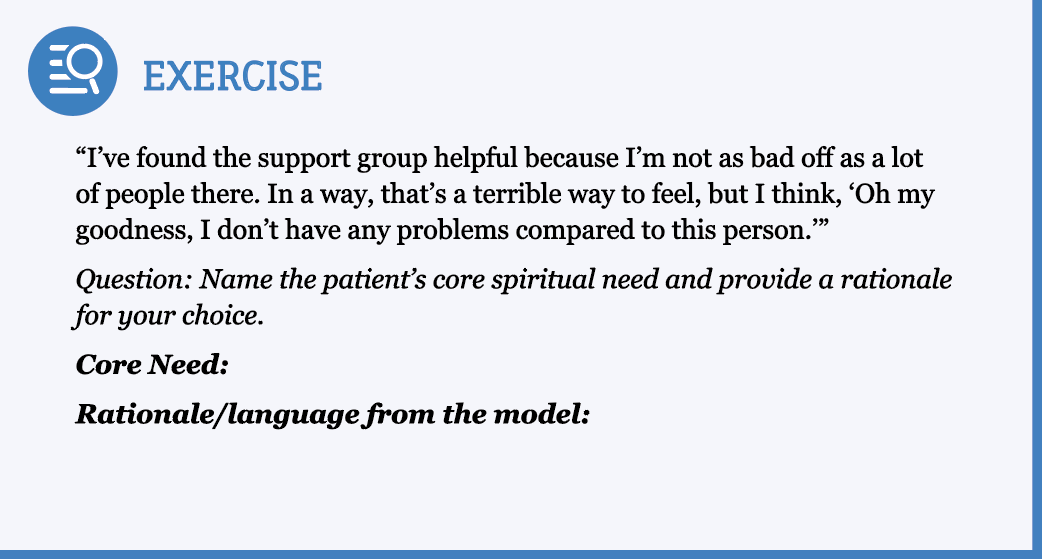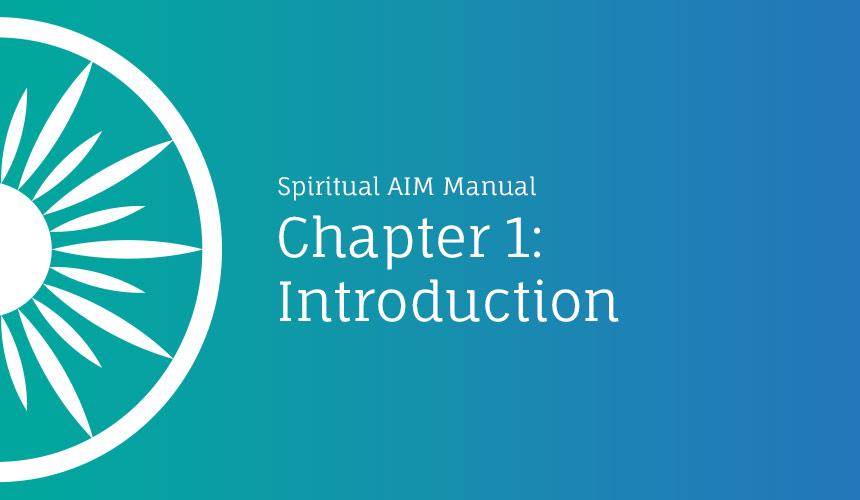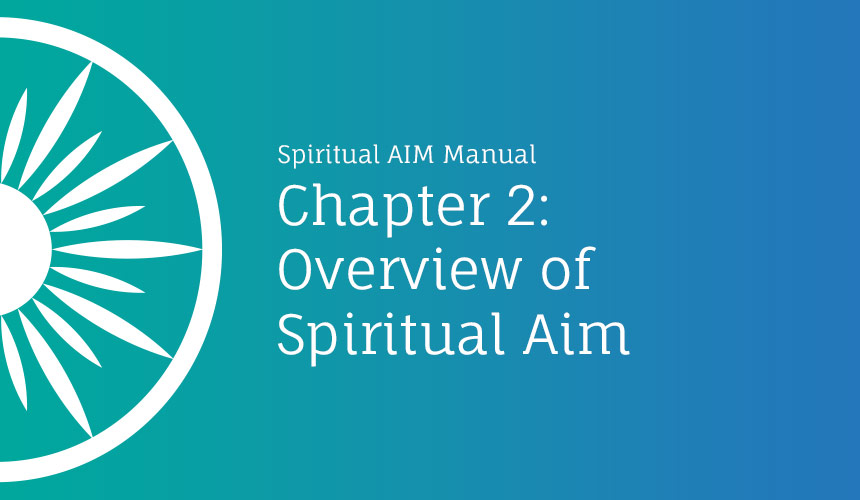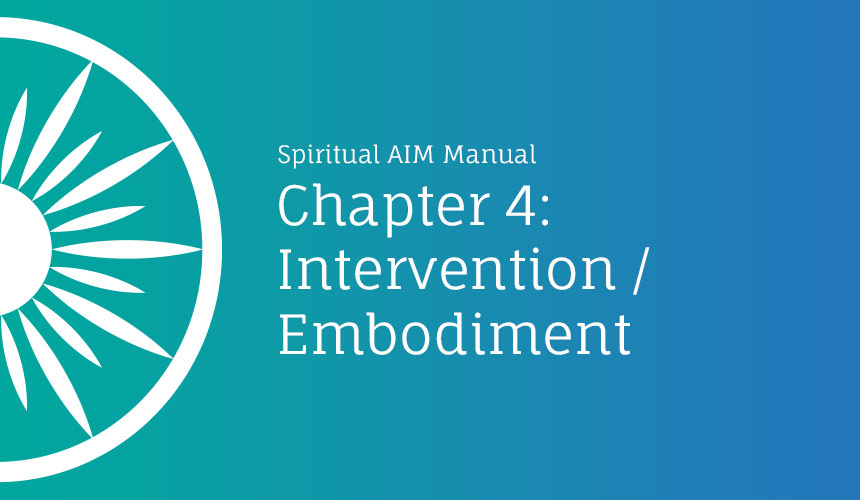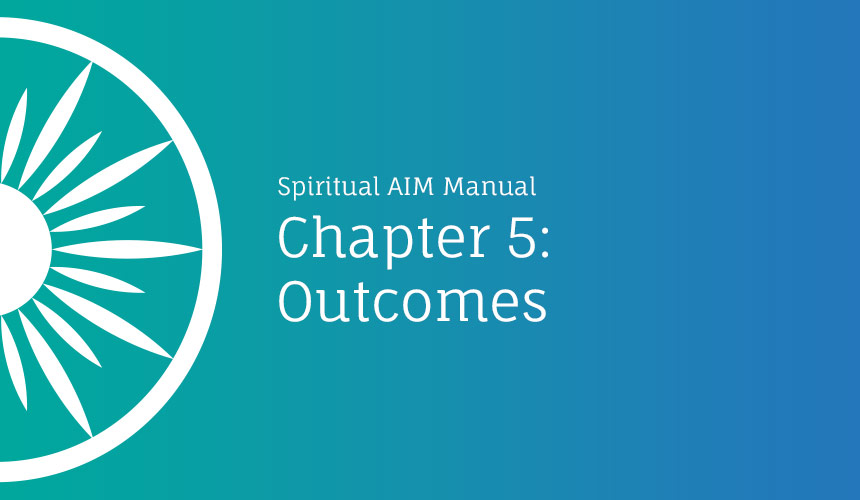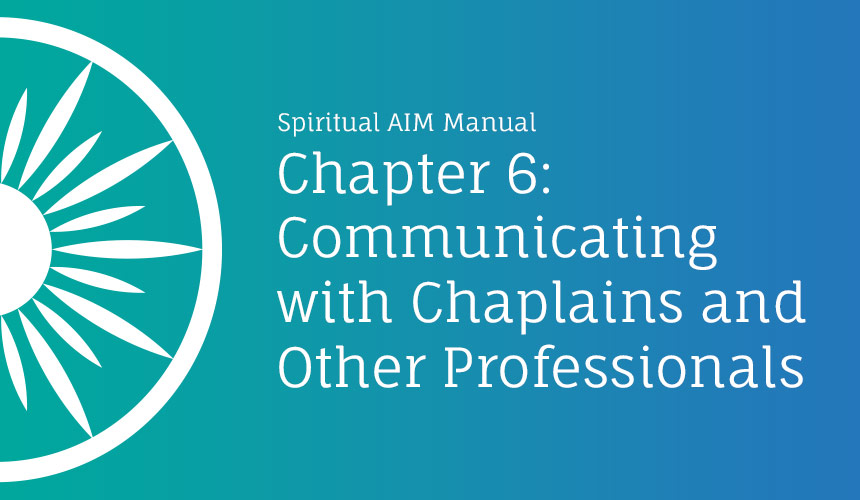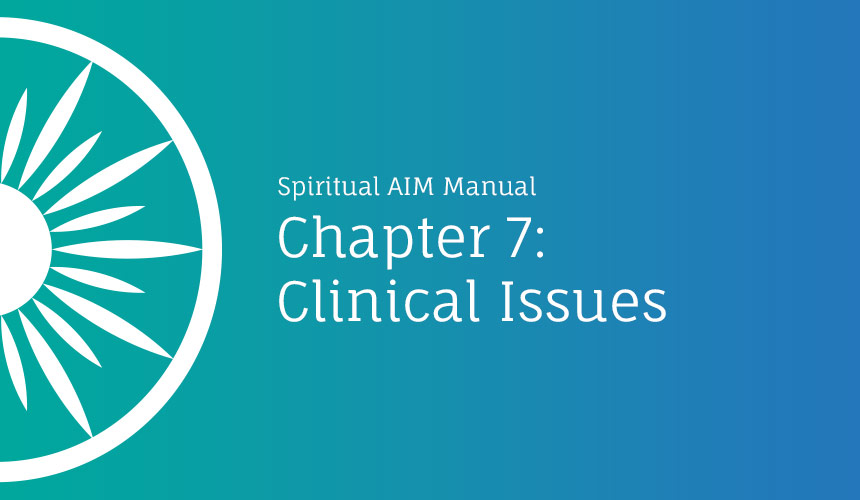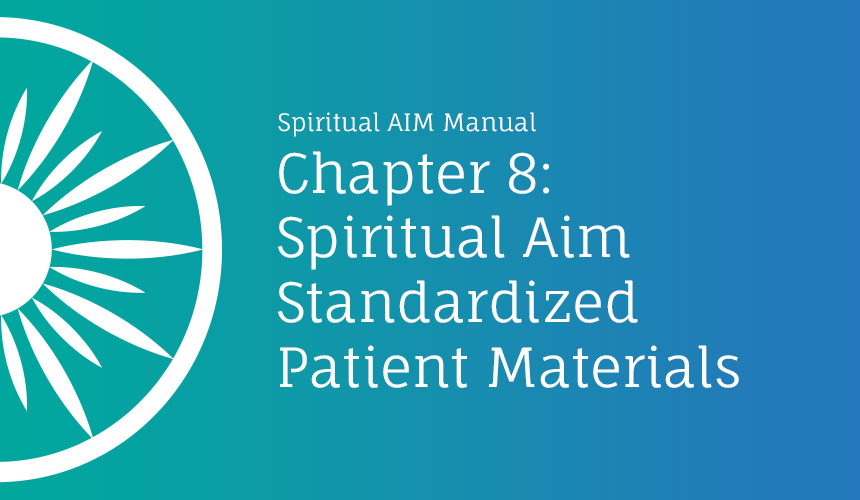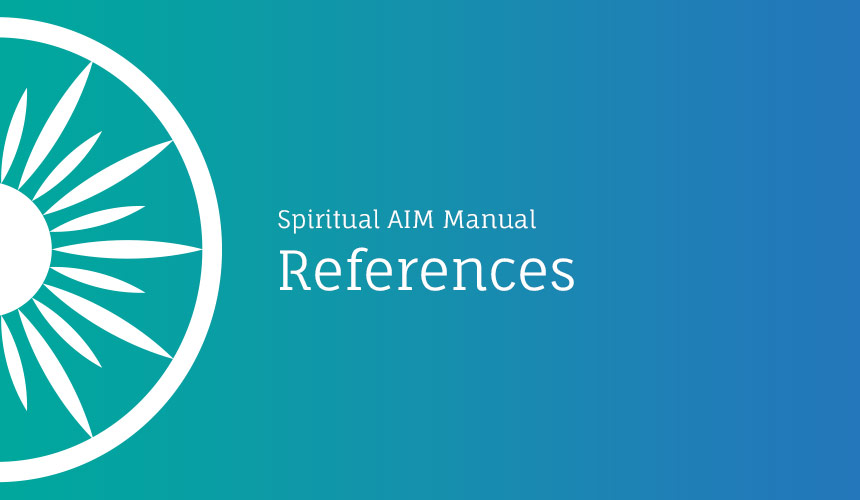I. Meaning and Direction
Patients with a core spiritual need of Meaning and Direction may be asking many questions (e.g., about the meaning of their life, existential questions). Or, they may be in a situation where they need to make a decision and are finding it very difficult to do so. Decision making is difficult because they struggle with narrowing their choices to only one possibility and letting go of others. They like to keep all of their options open and entertain many possibilities. Yet it is difficult to commit to only one and let go of all the rest. To use a metaphor, these patients want to be able to choose from the entire buffet, and do not want to choose just one item from the menu.
Patients who seem to be searching — whether in terms of faith, vocation, relationships (e.g., trying to find the ‘ideal mate’) — likely have a core spiritual need of Meaning and Direction. These patients ask questions to make sense of why something is happening. They may seem to be ‘lost’ and be more outer-directed than inner-directed. In other words, rather than having an internal compass or map, they are more driven by circumstances. They may seem out of touch with their own heart’s desire.
This person does not know whom to blame in the midst of conflicts, or for circumstances that occur. For instance, they might say, “On the one hand, my boss put me on probation for something I didn’t do. On the other hand, I was hanging around with colleagues who showed some questionable judgment, so it was my fault too, and I see that now.” They may have a foot in both camps at the same time — both accepting blame at the same time as blaming others, so they end up blaming no one. Their thinking may be tangential or circular, and not easy to follow. The chaplain may feel lost in conversation with these patients. The conversation may go off on numerous tangents, unless the chaplain works to help the conversation stay on track.
Different chaplains may respond differently to these kinds of patients. Some chaplains may find these patients fascinating, given their creativity and openness to new ideas. Other chaplains may find these patients frustrating and feel like they are lost in a ‘fog.’ Recognizing how you respond to these kinds of patients is a critical part of your assessment of the patient.
II. Self-Worth and Community Belonging
This person tends to minimize their needs. They fear burdening others. They may not feel worthy of the communities in which they are a member, (e.g., family, religious congregation). They often defer to the judgment of others. When there is conflict in a relationship, this person blames themself. They deeply appreciate the presence of visitors, family, and social support. They tend to regard others more highly than themselves.
III. Reconciliation
This person demonstrates a tendency to blame others and shows evidence of broken or estranged relationships. They may express a need to forgive or be forgiven, but usually get stuck because they avoid seeing their own part in causing the brokenness. There may be resistance to grieving losses and/or an unwillingness to say goodbye. If there is a full confession with true remorse, there can be a change of behavior. Forgiveness of others and self, and even reconciliation, is possible.
